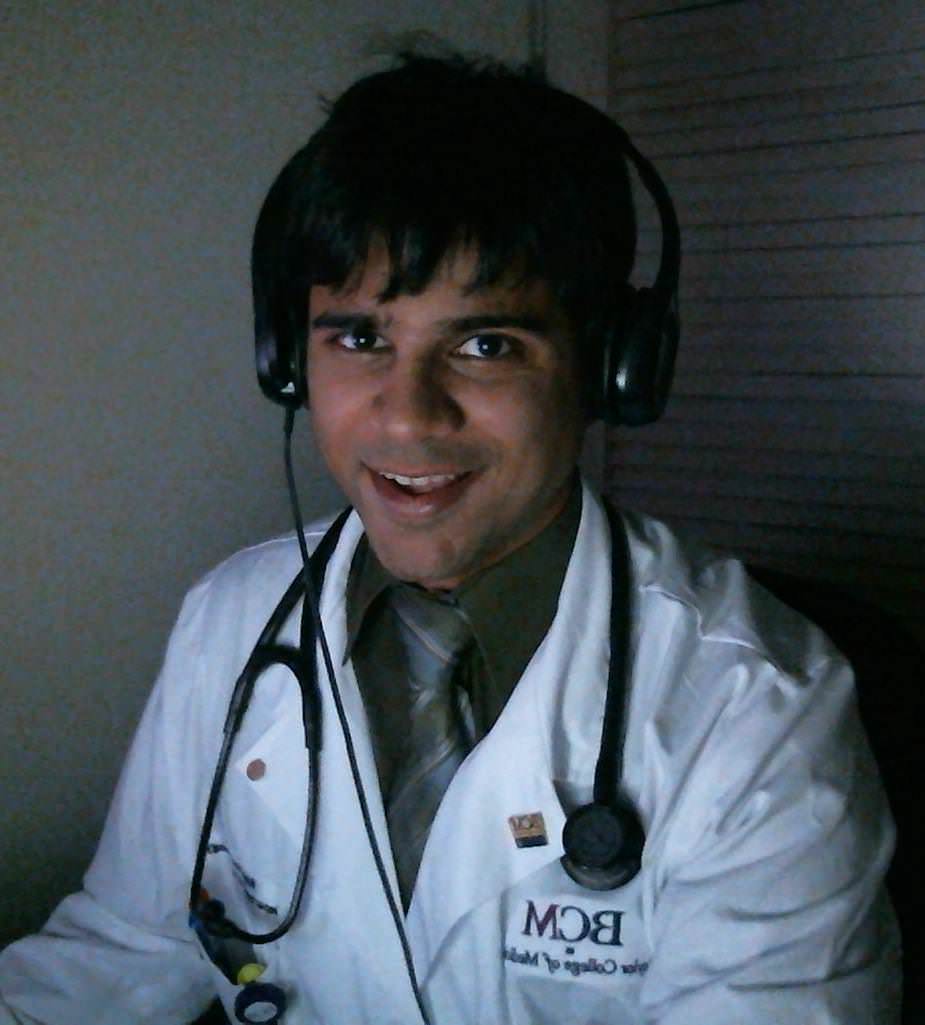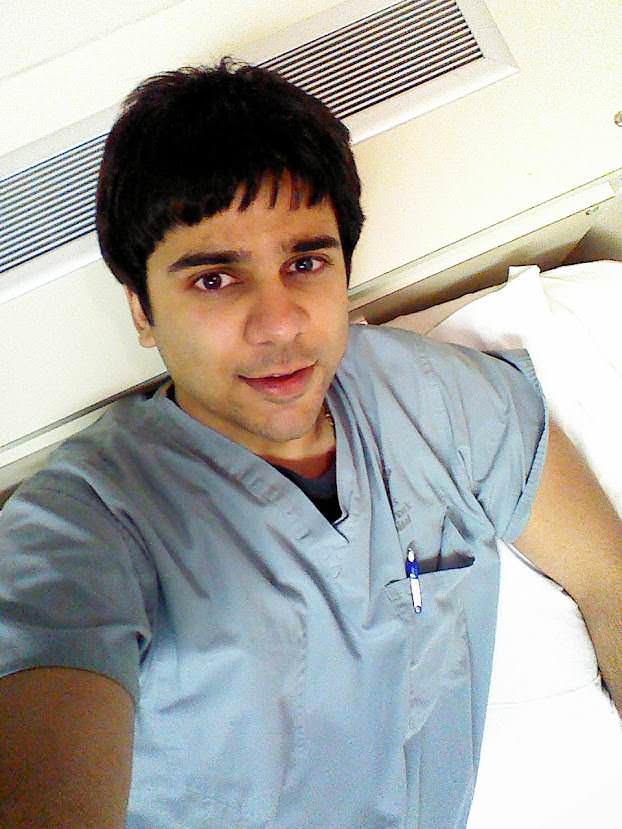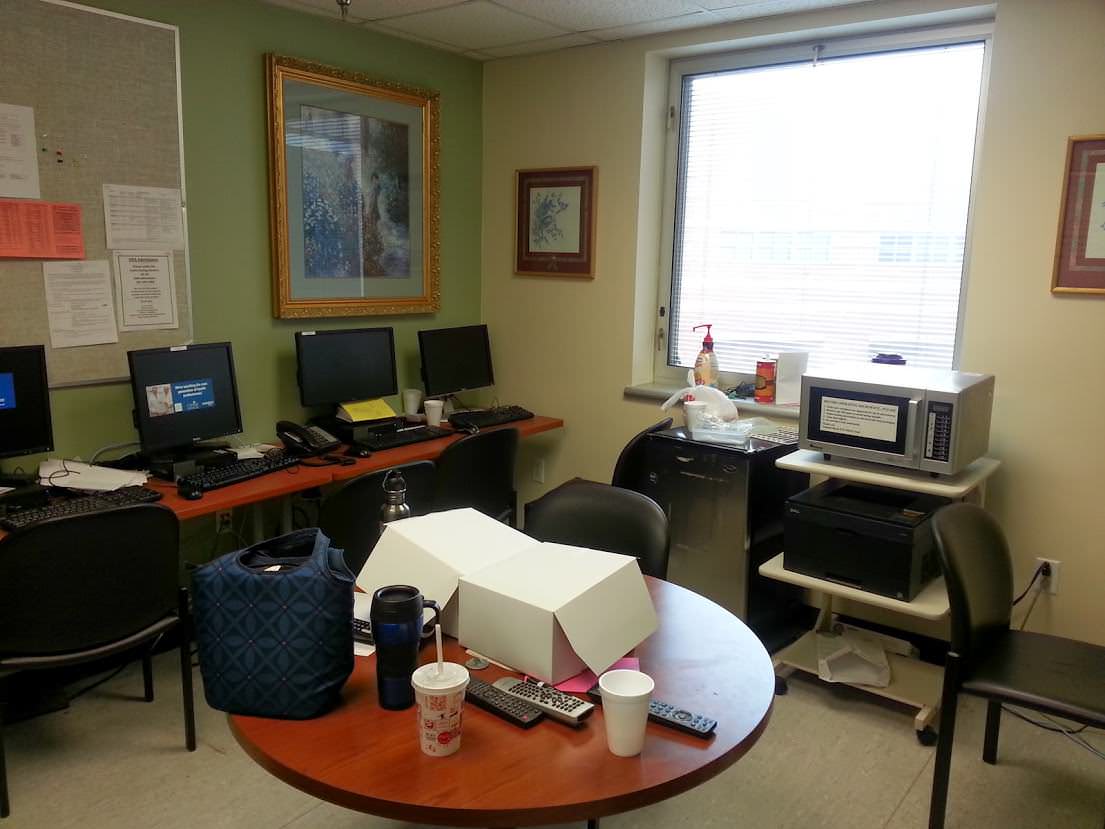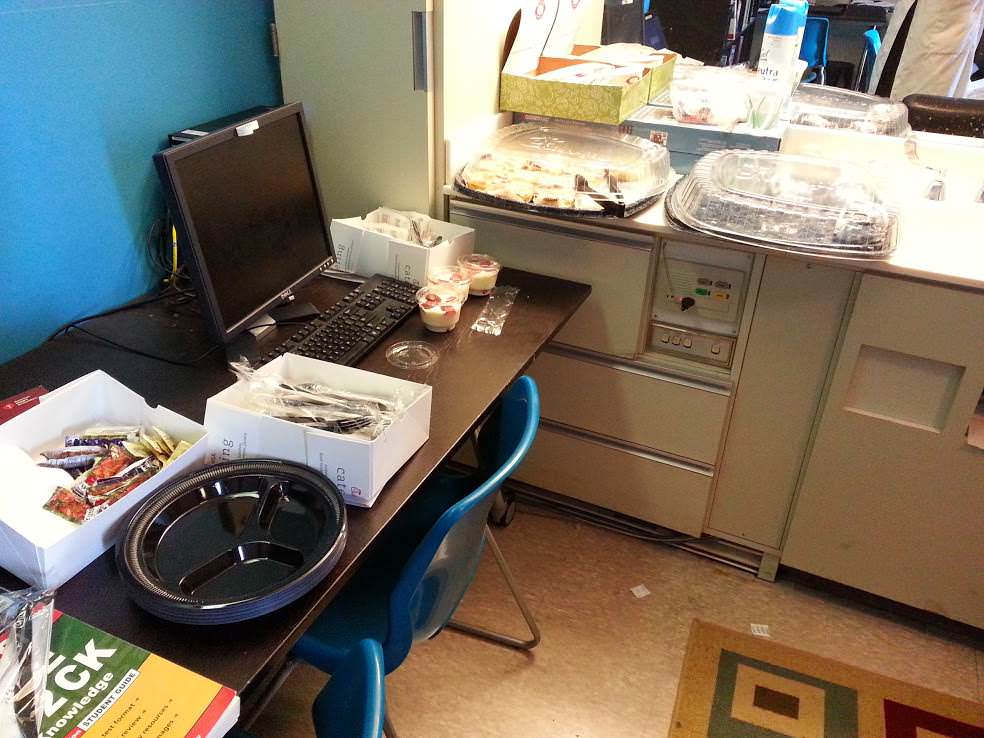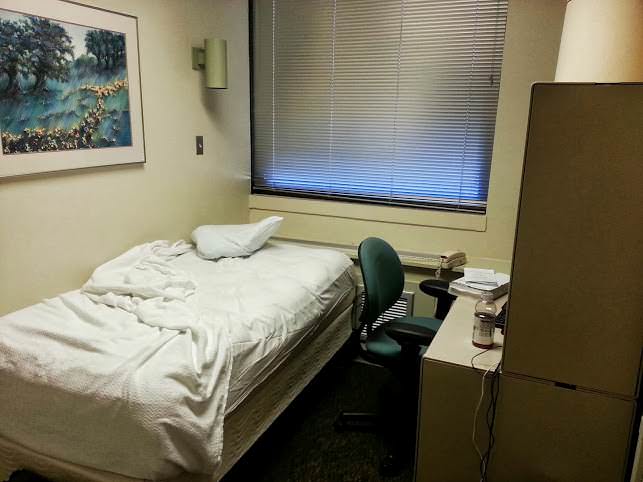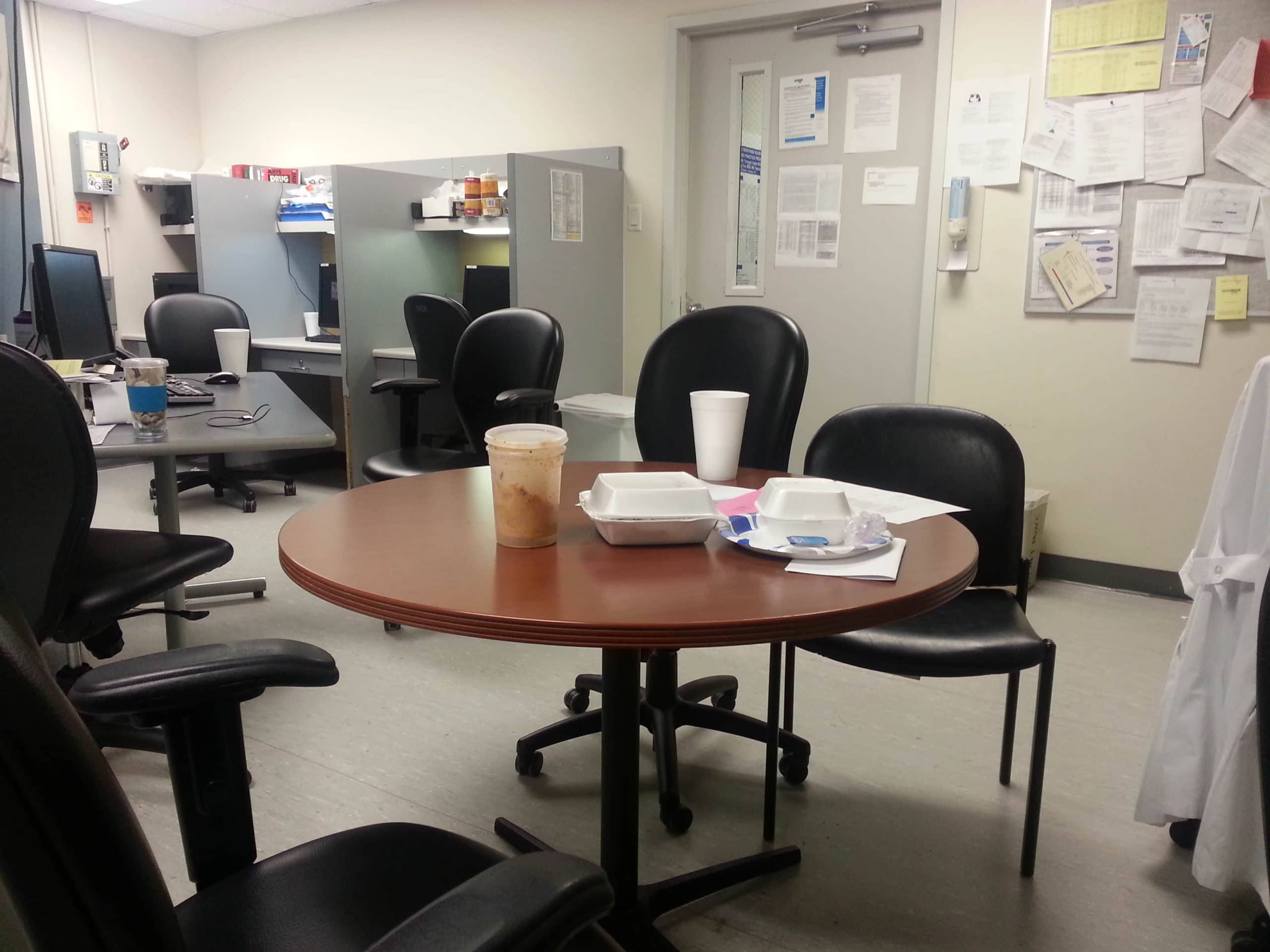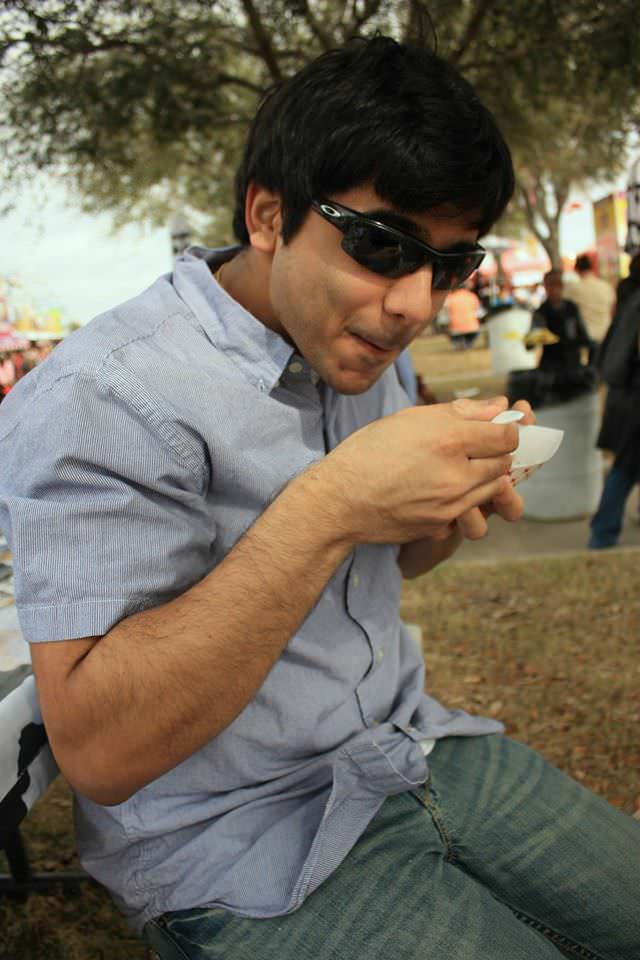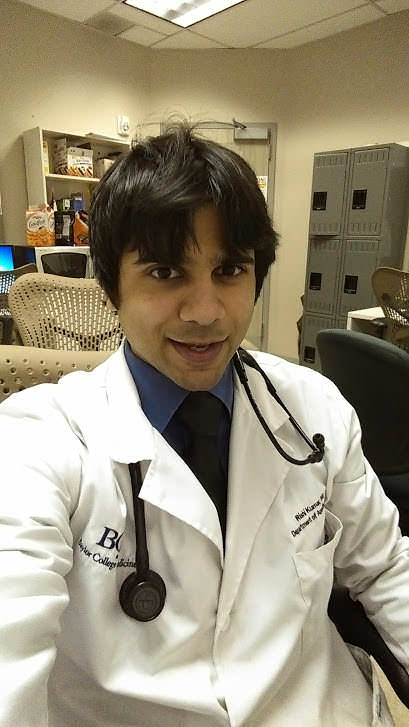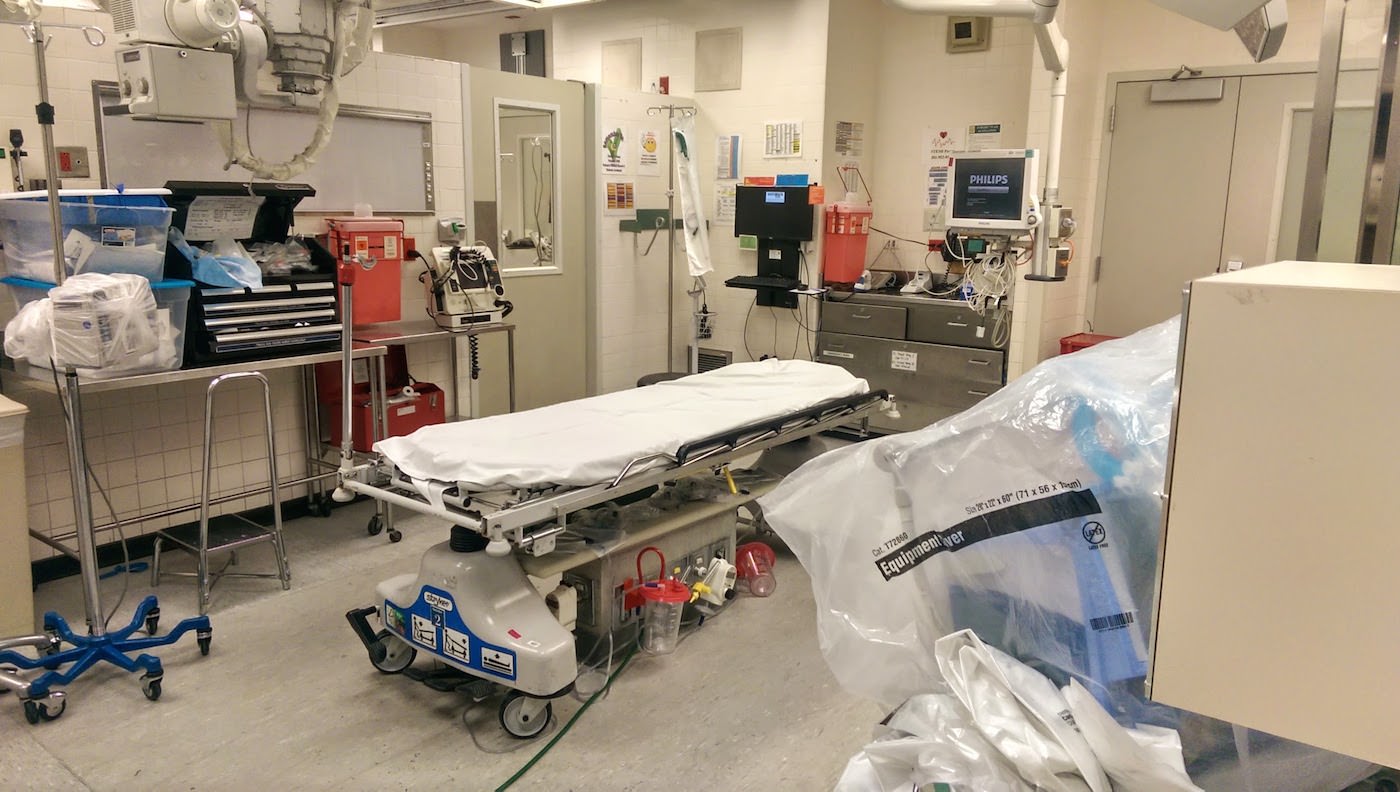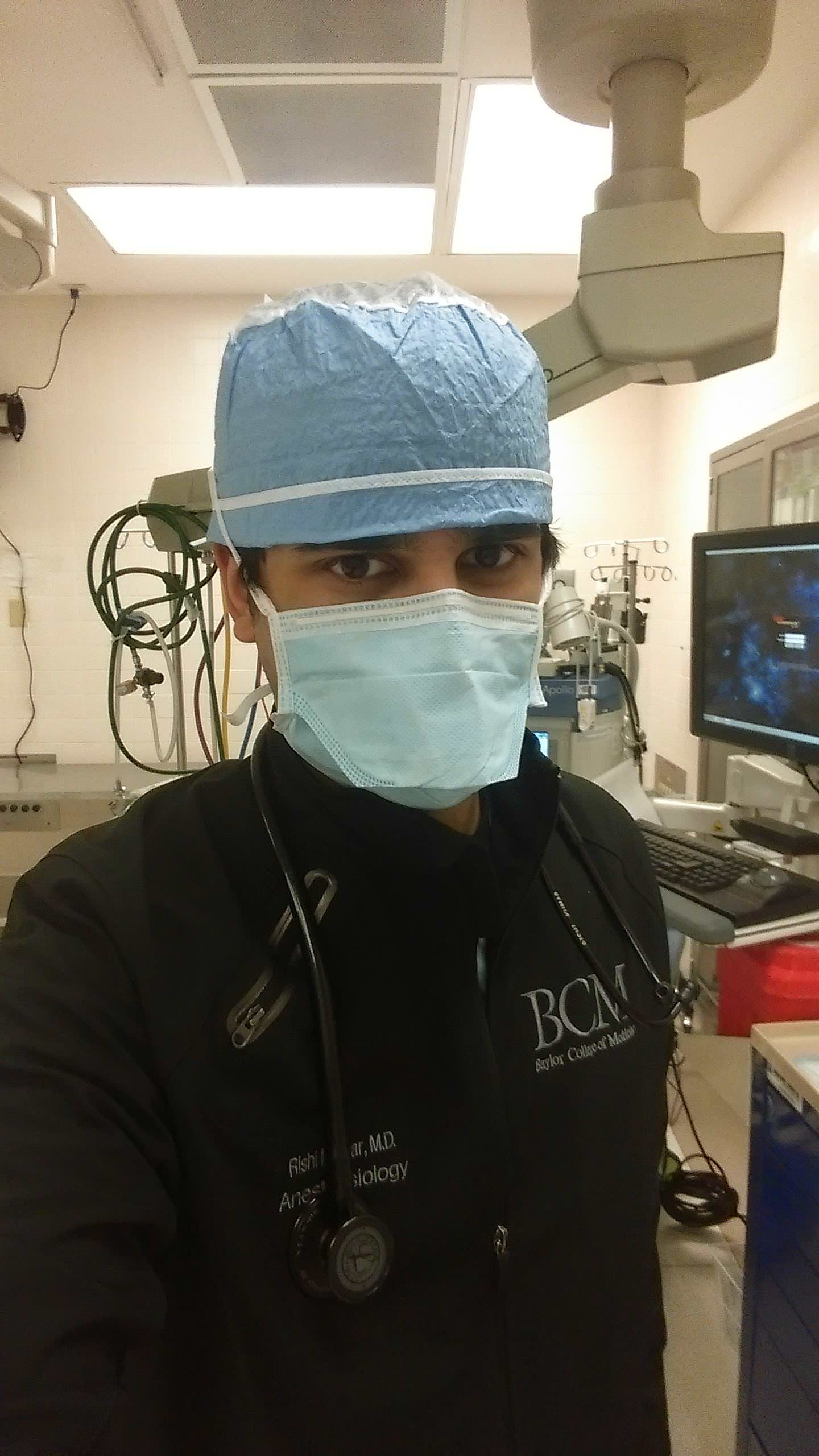I know many soon-to-be interns are now staring down the barrel of their first rotations with some uneasiness. You’ll be a healer for patients, a teacher for medical students, and what you do really matters as a new physician! I wanted to reflect on the habits which helped me survive intern year. Hopefully, some of these tips will ease your anxiety!
Most rotations last 4-5 consecutive weeks, and everyone gets a little anxious beforehand. Will the upper-level resident think I’m slow? Will the attending realize my incompetence? What will my hours be like? Can I survive the patient load? Will my patients… survive? AHHHH!!! 😥
Take a deep breath and relax. I promise you’ll be alright.
Keep in mind that no one expects you to be adept at anything right off the bat. To this point, much of “medicine” has been about rote memorization for board/shelf exams. Now you’ll be applying that knowledge. The clinical knowledge will flow back… no matter how relaxed your MS4 year was. 😛 It’s also important to remember that there are countless people to ask for help. You are not alone.
CONSTANT FLUX
Many of you are starting residency in a new city. All of you will be making new friends, getting acclimated to the hospital(s), going through orientation, and learning how to play the role of a healthcare provider. Trying to be regimented has its limits in anything you do. For example, just when you’ve perfected the H&P to your attending’s liking, they will rotate off service. You too will switch every few weeks… and then the process starts over. Medicine is an imperfect science. People have different tastes. Patient populations vary. The challenges are different. Get comfortable with constant change, and use it as motivation to learn and apply different perspectives to your own practice.
ORGANIZATION BEGETS EFFICIENCY
You will become increasingly efficient throughout intern year as long as you’re consistent with your style, but this hinges on establishing an organized regimen. For example, on admitting days on my internal medicine wards months, I’d get to the hospital super early, check out with the night intern to see how our team’s patients did overnight, quickly check vitals, and then see all the patients. Then, I’d start writing my progress notes and be ready with the basic note by rounds. The majority of my post-rounding activities involved procedures, adjusting orders, and following up with consultants. This routine maximized my efficiency, but I couldn’t do it without scutsheets (and checkboxes!) to keep my plans, lab values, vitals, and daily progress notes organized.
If you’re cross-covering on a large volume of patients, triaging is important to prioritize your organization scheme. Know which patients must be seen immediately and which ones need an order in the EMR. A nurse calls about chest pain? Ask them to repeat vitals and possibly get an EKG depending on the context as you walk over to evaluate the patient. The patient is hyperglycemic to 250 mg/dL overnight? Use your clinical judgment – in most cases, there’s no need to treat this at 2 AM (aka, don’t write for sliding scale insulin). One of the hallmark objectives of intern year is to look at a patient and know the degree of their sickness. Do they need to go to the ICU? Does the stroke pager need to be invoked? Can you manage this with a dose of Tylenol? With more experience, you’ll get more comfortable with cross-covering and triaging. In the interim, it’s all about staying organized.
BE AMICABLE AND PATIENT
Intern year is interesting – at first, you’re guided by fear and easily influenced by recommendations from your upper-levels. Still, as you develop your own style and confidence become more accessible, your ego can get in the way. No one should ever take you for a pompous, self-centered, and misguided rookie. Your attending, the consultant upper-level resident, the GI fellow, the nurse on 3B, the PA students, the janitor, and the security guard deserve your respect and pleasant demeanor. People appreciate it when you’re the first to extend a token of friendship.
On that note, patience is also a virtue that will often be stretched to the limit. Whether you’re waiting for a pivotal lab to result, arranging for patient transport, or facing extremely limited resources over a weekend or holiday, know that these moments define us. Can you make the most of a bad situation? Are you comfortable with things being out of your control? Patience is key!
COMFORT ALWAYS
Delivering “bad news,” running a code, and pronouncing a patient’s death are some of the most humbling reminders of the mortality we all share as human beings. The skill of explaining to family members that despite all medical interventions, their loved one still faces a grim prognosis is easy to rehearse but far more emotional to deliver in practice.
Take a step back and ask yourself – “what if this was my family member?” I surmise our objectives would be slightly different. It’s not simply a matter of transitioning a patient from pressors and mechanical ventilation to comfort care. It’s losing hope. Having to sit at the bedside every day while doctors and nurses administer all sorts of medications and perform tests with no apparent benefits… would be frustrating for anyone! Empathize and always comfort.
FOREVER A STUDENT
Figure out the “go-to” textbook for your residency – Harrison’s for medicine, Sabiston for surgery, Bolognia for dermatology, Miller for anesthesiology, etc. Create a goal of reading as much of that textbook by the end of intern year. Additionally, try to take USMLE Step 3 as early as possible!
BECOME THE TEACHER
Students (medical, pharm, PA, and the like) will all look to you as their closest and most affable guide. As an intern, I had the privilege of expanding my love of mentoring by teaching clinical students. Educating the next generation of healthcare providers is a responsibility all physicians undeniably share. Students are very enthusiastic, so it’s awful when neglected and not involved directly in patient care. Remember, they are actually PAYING to be there. Be mindful of their schedule and objectives for the rotation – they’re an incredible asset to the treatment team that’s often overlooked, so give them a great experience and send them home as soon as there are no additional learning opportunities for the day.
TRIAGE
Walk into a busy clinic and look around – you’ll see patients coughing, sneezing, and shivering. You’ll see others who are highlighter jaundice, others who are in excruciating pain, and others who have absolutely no outward manifestation of any underlying illness. How does an inexperienced intern triage such patients? Who can (safely) return home after a breathing treatment or antibiotic? Who needs to be rushed immediately to the operating room? There is no substitute for experience in this discipline. An astute physician can begin the physical exam before even greeting the patient. Often we’re so concerned about heart murmurs, abdominal exams, and lower extremity edema that we lose sight of the most obvious question posed by experienced attendings: “How does the patient look?”
REMEMBER NAMES
Whenever I started a new rotation, I started as “the new anesthesia resident.” Still, I made an honest attempt to introduce myself to everyone and got to know their names and at least one unique thing about each individual.
People genuinely appreciate it when you greet them by their name each day. I was pulled aside more than once and thanked for calling someone by their name and how it made them feel all warm and fuzzy. It’s a small but important gesture of friendship and kindness. ?
STAY HUMBLE – LAUGH AT YOURSELF
Residency is riddled with making mistakes under the keen eye of an attending and/or senior resident. The overwhelming majority of these mistakes will not have any clinical significance, and for this reason, be comfortable laughing at your mistakes while simultaneously learning from them and ensuring your colleagues learn as well. Stop worrying about “looking dumb” or embarrassing yourself on rounds. Your patients don’t need that kind of self-consciousness from their physicians. They need someone humble enough to admit their knowledge gaps which also works tirelessly to fill them.
PERSPECTIVE
I’ve been asked by some of my colleagues why I always seem so happy, and my answer has always been rooted in perspective. Every single one of my patients is in a worse situation than I am. Many will never speak again, others are facing the genuine possibility of death minute-to-minute, and some have absolutely zero social support during these tribulations. I have very little reason to complain about my life in comparison. It’s as simple as that. ?
WORK ETHIC
Incompetence is expected at the beginning of your intern year. This is where one realizes the stark differences between textbook medicine (medical school) and clinical medicine (residency). For senior residents and attendings, it’s a dream to have interns who are genuinely committed to improving their clinical skills by arriving early, staying late, taking chances, asking questions, working hard, and being a team player. These all come with the newfound role as a young physician.
However, confidence tends to build complacency, and people will start cutting corners. I cannot teach you work ethic, but it’s arguably the number one factor determining one’s ability to succeed in residency (and life, for that matter). Every patient deserves your utmost care and sincere dedication – don’t lose this trust by slacking off.
HAVE FUN!
Think about the arduous journey you’ve taken to become a physician, and now not only have you clenched the title but all its associated privileges and responsibilities. Do well for yourself and your patients by maintaining a strong work ethic and unwavering humility above all else.
And now to conclude with a few snapshots in and out of the hospital during my memorable intern year in 2013-2014.



